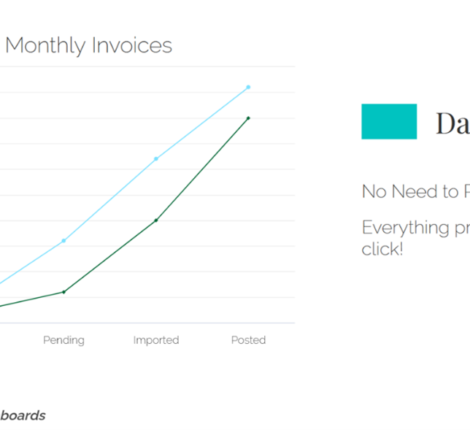THE TRENDS THAT ARE SET TO SHAKE-UP THE MOBILE APP INDUSTRY
The mobile app industry has witnessed significant growth and innovation over the past decade. With the increasing reliance on smartphones and tablets, mobile apps have become an integral part of our daily lives. From communication and entertainment to productivity and health, there seems to be an app for almost everything. However, as technology continues to evolve at a rapid pace, new trends are emerging that are set to shake-up the mobile app industry even further.
1. Artificial Intelligence (AI) Integration:
Artificial Intelligence has been making waves in various industries, and the mobile app industry is no exception. AI integration in mobile apps is set to revolutionize user experiences by providing personalized and intelligent interactions. AI-powered virtual assistants like Siri, Google Assistant, and Alexa have already gained popularity, but we can expect more advanced AI capabilities in future mobile apps.
AI algorithms can analyze user behavior patterns and preferences to offer tailored recommendations and suggestions. For example, e-commerce apps can use AI to provide personalized product recommendations based on a user’s browsing history and purchase behavior. Additionally, AI can enhance security measures by detecting suspicious activities and preventing unauthorized access.
2. Augmented Reality (AR) and Virtual Reality (VR):
AR and VR technologies have gained significant traction in recent years, thanks to the success of games like Pokémon Go and the widespread adoption of VR headsets. These technologies are set to transform the mobile app industry by creating immersive experiences that blend the real world with virtual elements.
AR allows users to overlay digital information onto their physical surroundings through their smartphone cameras. This opens up possibilities for interactive gaming experiences, virtual try-on features for e-commerce apps, and enhanced navigation systems that provide real-time information about nearby points of interest.
On the other hand, VR creates a completely virtual environment that users can explore through specialized headsets. While VR is primarily associated with gaming, it also has applications in education, training simulations, and virtual tourism experiences.
3. Internet of Things (IoT) Integration:
The Internet of Things refers to the network of interconnected devices that can communicate and share data with each other. With the increasing number of IoT devices, mobile apps are expected to play a crucial role in managing and controlling these devices.
Mobile apps can act as a centralized hub for controlling smart home devices, wearable gadgets, and even connected cars. For example, a mobile app can allow users to adjust their home’s temperature, monitor security cameras, and control lighting systems remotely. In the healthcare sector, mobile apps can connect with IoT-enabled medical devices to track vital signs and provide real-time health monitoring.
4. Progressive Web Apps (PWAs):
Progressive Web Apps are web applications that provide an app-like experience on mobile devices. PWAs combine the best features of both web and native apps, offering fast loading times, offline functionality, and push notifications.
Unlike traditional native apps that need to be downloaded and installed from app stores, PWAs can be accessed directly through a web browser. This eliminates the need for storage space on users’ devices and allows for seamless updates without requiring users to download new versions.
PWAs are gaining popularity due to their cross-platform compatibility and cost-effectiveness for businesses. They offer a consistent user experience across different devices and operating systems while reducing development and maintenance efforts.
5. Mobile Wallets and Contactless Payments:
With the increasing adoption of mobile payments, mobile wallets have become an essential feature in many mobile apps. Mobile wallets allow users to store their payment information securely and make contactless payments using their smartphones.
Mobile wallet apps like Apple Pay, Google Pay, and Samsung Pay have gained widespread acceptance, enabling users to make payments at retail stores, restaurants, and online platforms. These apps use near-field communication (NFC) technology to securely transmit payment information between the smartphone and the payment terminal.
The convenience and security offered by mobile wallets have led to a shift in consumer behavior, with more people opting for contactless payments over traditional cash or card transactions. As a result, mobile app developers are integrating mobile wallet functionalities into their apps to cater to this growing demand.
In conclusion, the mobile app industry is constantly evolving, driven by technological advancements and changing user expectations. The trends mentioned above, including AI integration, AR/VR experiences, IoT integration, PWAs, and mobile wallets, are set to shake-up the industry and redefine the way we interact with mobile apps. Developers and businesses need to stay ahead of these trends to deliver innovative and engaging experiences to their users.



